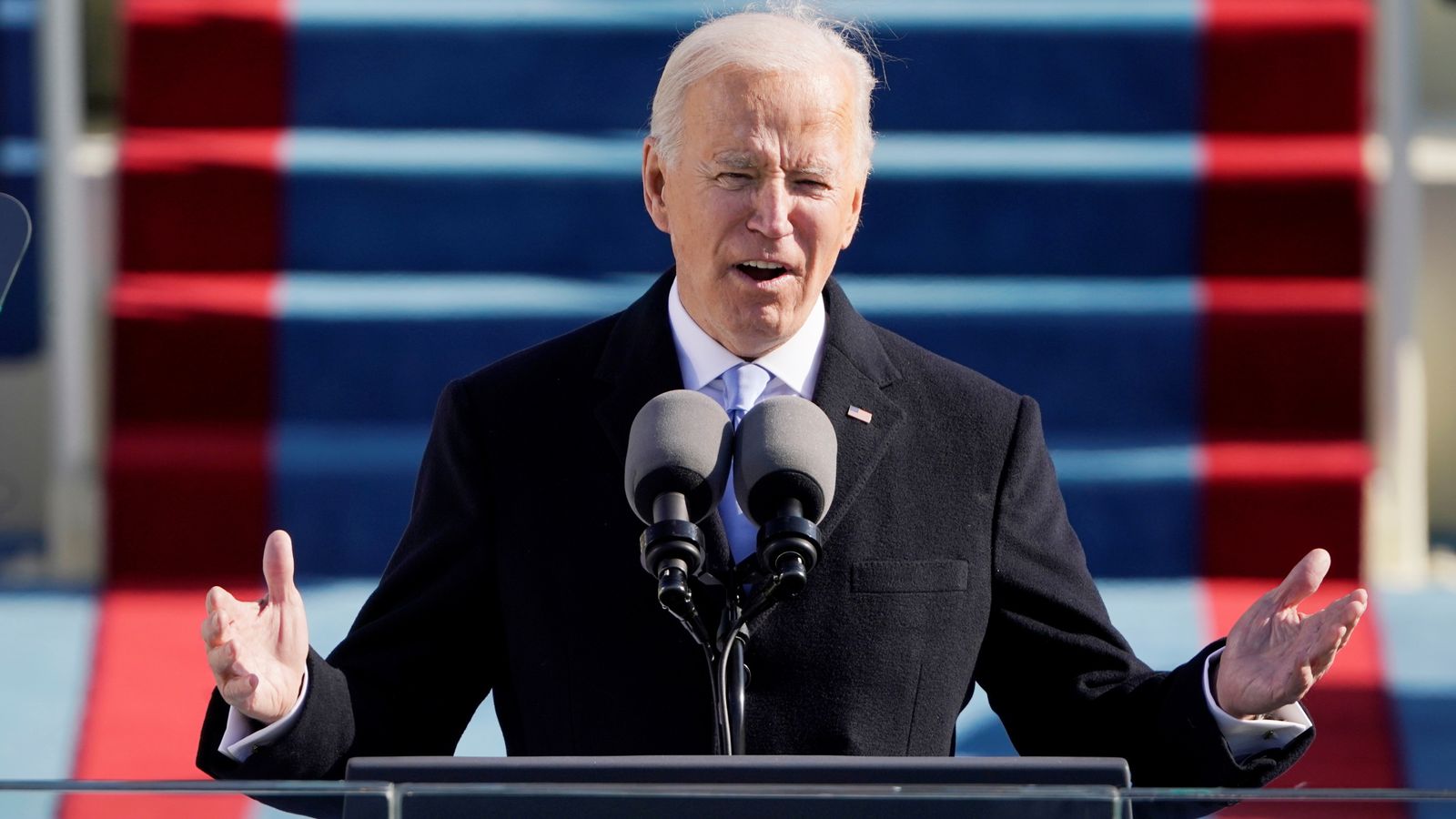The U.S. House of Representatives passed a proof-of-citizenship requirement for voter registration, a proposal pushed by Republicans as an election-year talking point.
The legislation was approved mainly along partisan lines, with a few Democrats voting in favor. However, it is unlikely to advance through the Democratic-led Senate, and the Biden administration strongly opposes it.
The big picture: Democrats and voting rights advocates argue that the legislation is unnecessary, as noncitizens face felony charges, fines, prison, or deportation for registering to vote in federal elections.
- They also highlight the potential impact on U.S. citizen voters who may have difficulties providing additional proof of their citizenship.
- Supporters of the bill argue that the increase in illegal border crossings creates a risk of noncitizens slipping through the cracks and potentially influencing election outcomes in tight races.
What we’re watching: If passed, the bill would require noncitizens to be removed from state voter rolls and mandate new applicants to provide documentary proof of U.S. citizenship. States would also need to establish a process for applicants unable to provide proof.
- The timing of the House vote coincides with the Republican National Committee’s release of its party platform that emphasizes border security and opposition to Democrats extending voting rights to undocumented migrants.









